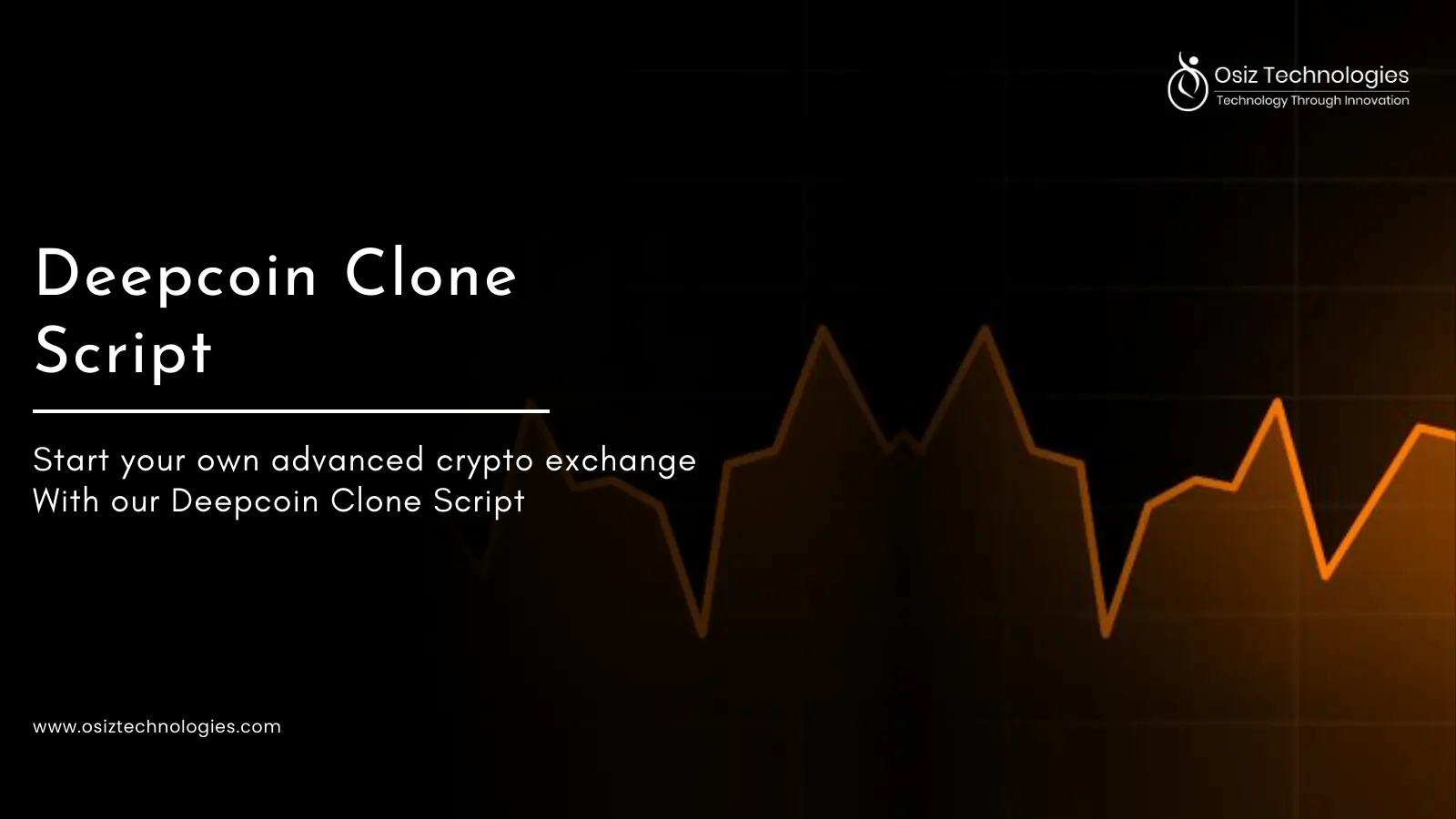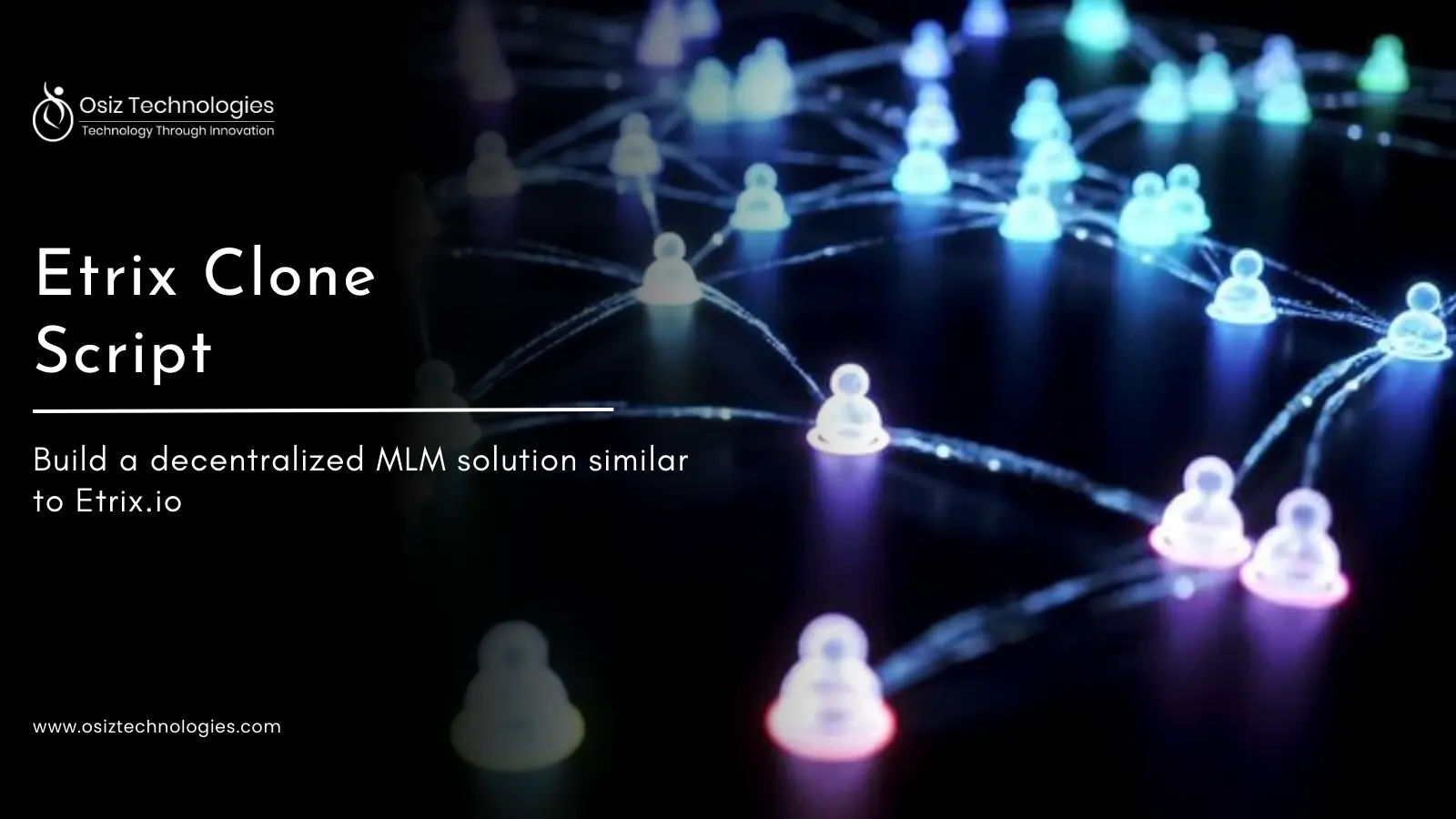What is Multimodal AI?
Multimodal AI is an artificial intelligence model that integrates and analyzes various forms of data—such as text, images, audio, and video. By training on diverse data types, including numerical datasets, speech, and visual content, multimodal AI can deliver more accurate insights, enhancing the ability to understand real-world challenges and make informed predictions. This approach allows AI to interpret context more effectively, overcoming limitations seen in earlier, single-modality AI systems and establishing meaningful connections between different inputs.
Multimodal vs. Unimodal AI Models: Key Points
Multimodal AI:
-
Purpose: This AI model processes multiple types of data like text, images, audio, and video simultaneously.
-
Data Handling: Combines various data forms for enhanced understanding and richer context.
-
Complexity: More complex, requiring sophisticated architectures to manage diverse inputs and outputs.
-
Applications: Used in video analysis, virtual assistants, and healthcare diagnostics where different data types are crucial.
-
Performance: Generally offers improved accuracy and insights due to the integration of diverse data sources.
-
User Interaction: Enables more intuitive and natural interactions by understanding various input formats.
-
Interpretation of Context: Better at interpreting complex scenarios by leveraging information from multiple sources.
Unimodal AI
-
Purpose: This modal processes only a single type of data input like text-only or image-only.
-
Data Handling: Limited to analyzing one type of data, potentially missing broader context.
-
Complexity: Simpler design, often easier to implement and train.
-
Applications: Common in simpler tasks, such as text classification, image recognition, or speech recognition.
-
Performance: Can perform well but may lack depth in understanding context or relationships across data types.
-
User Interaction: Limited interaction capabilities, often requiring users to adhere to a single input method.
-
Interpretation of Context: May struggle with context interpretation due to reliance on a single data type.
How Does The Multimodal Model Work?
Multimodal works by integrating and processing multiple forms of data like text, images, audio, and video simultaneously. This process starts with collecting diverse datasets to ensure quality and consistency, then uses specialized architectures, such as neural networks or transformers, to align and fuse features from each data type, allowing it to capture relationships and context across modalities. During training, the model learns to balance the contributions of each modality, often using attention mechanisms to focus on the most relevant aspects of the data. This enables the multimodal model to make more informed predictions, provide deeper insights, and interpret complex scenarios more effectively than single-modality models.
Multimodal AI Use Cases
-
Healthcare Diagnostics: Process medical images, and patient records for more accurate diagnoses.
-
Autonomous Vehicles: Integrates data from sensors, cameras, and GPS for safer and more efficient driving.
-
Virtual Assistants: Processes voice, text, and visual inputs for more natural and interactive user experiences.
-
Retail and E-Commerce: Enhances product recommendations by analyzing customer reviews, images, and purchase history.
-
Content Creation: Automates video and image generation by combining text descriptions, visuals, and audio.
-
Security and Surveillance: Combines video footage and audio for advanced threat detection and monitoring.
-
Social Media and Marketing: Analyzes text, images, and video content for better audience engagement and targeting.
-
Education and Training: Enhances learning platforms by integrating text, video, and interactive elements for personalized education.
How To Build a Robust Multimodal Model?
Step 1: Data Gathering and Preparing
Multimodal AI systems harvest data from many different sources: written texts, audio files, images, and videos. After that, preprocessing is carried out to ensure structured and cleaned data is ready for analysis.
Step 2: Feature Extraction
The relevant features of each modality are extracted by the AI. For example, natural language processing (NLP) approaches examine text data, whereas computer vision methods analyze visual data.
Step 3: Data Fusion
The elements retrieved from several modalities are integrated by the multimodal AI architecture to produce a comprehensive knowledge of the input. There are alternative methods for achieving this fusion, such as late fusion, which combines processed data, or early fusion, which combines raw data.
Step 4: Training Models
A large and diverse dataset with examples from all relevant modalities is used to train the AI model. The AI model is refined to consistently interpret and link data from diverse sources throughout the training phase.
Step 5: Creation and Interpretation
The multimodal AI can perform inference, make predictions, or develop solutions based on new, unseen data, once it has been taught. For example, it can describe an image, translate words in a movie, or give relevant information in answer to a query.
Step 6: Suggestions and Improvements
The multimodal AI apps continuously improve their understanding and integration of multimodal input through feedback and additional training.
Step 7: Deploy and Monitor
After deployment, monitor the model's performance, retrain as necessary, and adjust for changes in the data landscape to maintain robustness over time.
Osiz: Your Partner in Multimodal AI Development
When it comes to developing a strong multimodal AI solution, managing the complexities of data integration, model architecture, and training can be challenging. Instead of trying to handle these tough tasks on your own, connect with Osiz, a leading AI development company that specializes in multimodal AI. With our expertise and experience, we can simplify the development process, ensuring that your multimodal model is not only effective but also tailored to meet your specific business needs. Partnering with Osiz allows you to leverage the latest technology and creative strategies, helping your organization unlock the full potential of multimodal AI without the stress.
Listen To The Article












